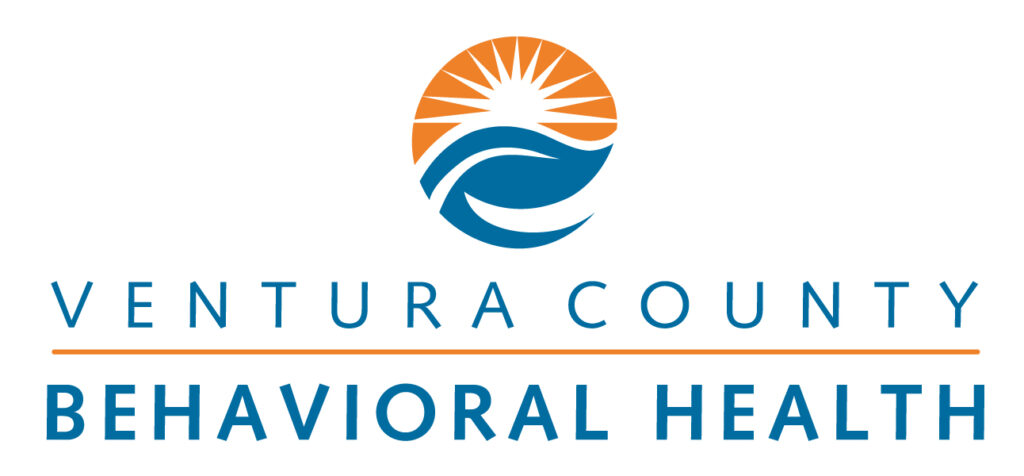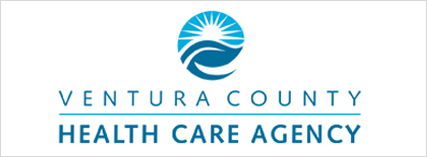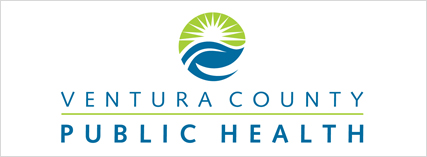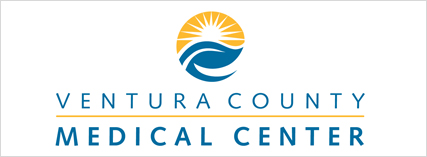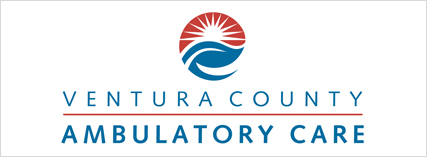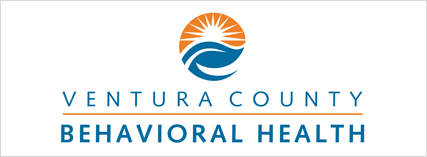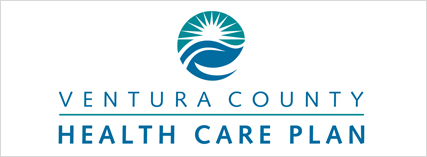About MHSA
In November 2004, California voters passed Proposition 63, the Mental Health Services Act (MHSA). The MHSA provides for a 1% tax on taxable personal income over $1 million. MHSA tax revenues will be distributed to California counties through a contract with the California Department of Health Care Services (DCHS).
MHSA is focused on transforming the mental health care system by improving quality of life for individuals living with mental illness and those at risk of developing mental illness. MHSA provides funding for outreach, prevention and early intervention, improved access to services, support services, family involvement and treatment for unserved and underserved communities. While providing services in these areas, MHSA adheres to five principles:
- Cultural Competence – Services reflect the values, customs, beliefs, and languages of the populations served and eliminate disparities in service access.
- Community Collaboration – Services strengthen partnerships with diverse sectors to help create opportunities for employment, housing, and education.
- Client, Consumer, and Family Involvement – Services engage clients, consumers, and families in all aspects of the mental health system, including planning, policy development, service delivery and evaluation.
- Integrated Service Delivery – Services reinforce coordinated agency efforts to create a seamless experience for clients, consumers and families.
- Wellness and Recovery – Services promote recovery and resiliency by allowing clients and consumers to participate in defining their own goals, so they can live fulfilling and productive lives.
Outreach Programs
These programs are designed to reach faith-based, rural, and other underserved communities. A primary goal is to reduce the stigma that prevents individuals from seeking mental health help. These programs accomplish their goal by increasing awareness of and sensitivity to mental health illness. Programs offer outreach activities and referrals to mental health and other services. These programs include:
- One Step A La Vez, serving the communities of Fillmore, Santa Paula and Piru, focuses on engaging youth in positive experiences and providing support and referrals for underserved Hispanic/Latino youth and adults.
- Project Esperanza, serving the communities of Santa Paula and Fillmore, focuses on reducing stigma and discrimination among unserved and underserved populations through increasing awareness and sensitivity to mental health issues.
- Tri-County GLAD works to address the social service needs of deaf and hard of hearing (DHH) individuals Countywide. The agency offers advocacy, communication access, peer counseling, employment and community education services to the DHH community. TC GLAD is focused on increasing awareness and knowledge regarding mental health in the DHH community.
- Rainbow Umbrella hosts free, confidential support groups for LGBTQ+ youth. They provide mental health education and stigma reduction through community groups and meetings.
Issue Resolution Process
Consumers, family members, and other stakeholders have the right to file a complaint/issue related to the community program planning process, service access, and consistency between program implementation and the approved Mental Health Services Act (MHSA) plan for Ventura County Behavioral Health (VCBH).
When an individual expresses a complaint or issue to program staff, the grievance line staff member will ask the consumer/ family member/ stakeholder if they would like to file a formal complaint related to an MHSA issue (as noted above) or if it’s a clinical issue. MHSA complaints or issues will be addressed, investigated and resolved in a timely manner using the MHSA Issue Resolution procedure. Any complaints or grievances about an individual’s clinical services will be addressed, investigated and resolved in a timely manner in accordance with VCBH Problem Resolution Processes.
Information regarding how to contact the grievance line and/or to file a formal complaint/grievance can be found on the Client Resources page.
Community Planning Process
MHSA Three Year Plan 2023-2026
Annual Update 2024-25
Be the one to help. Join advocates, providers, participants, and family members to provide input on the annual update of MHSA funding. Also preview upcoming Proposition 1 changes to behavioral health.
JOIN US AT ANY OF OUR MEETINGS!
Learn more and register now: www.WellnessEveryDay.org/mhsa
- En español: www.SaludSiempreVC.org/mhsa
MHSA Three Year Plan 2023-2026 Documents
Review the 2024 update to the MHSA Three Year Plan 2023-2026. For comparison, below you can find the initial document and the updated document, which incorporates the mid-year adjustment.
INITIAL DOCUMENT
UPDATED DOCUMENT
For more information, contact: MHSA@ventura.org
Community Needs Assessment Findings
Resulting Priorities from the CPP Process for MHSA Three-Year Plan 2023-26
Survey Items – Summary of Findings
Focus Groups – Summary of Findings
Community Planning Process (CPP) – Summary of Findings
MHSA Documents
MHSA Three Year Plan 2023-2026 and Annual Update 2022-2023
NEW: Public Posting for Annual Update FY24-25
MHSA Three Annual Update FY 2024-2025
Public Review of DRAFT Document from April 21-May 19, 2025
Public Hearing: May 19, 2025, at 2:00PM, 1911 Williams Dr. Oxnard CA 93036 (Downstairs Training Room)
Please provide any edits, comments, or feedback to MHSA@ventura.org
MHSA Three Annual Update FY 2023-2024
Exhibit 1 FY 2023-24 MHSA Annual Update_
MHSA Annual Update, April 2022
- FY 2021-2022 MHSA Annual Update, April 2022
- Prevention & Early Intervention Evaluation Report FY 2020-2021
- Healing the Soul Project Final Report FY 17/18 – 20/21
- Bartenders as Gatekeepers Final Evaluation Report FY 18/19 – 20/21
- Push Technology Final Evaluation Report FY 18/19 – 20/21
- Conocimiento Evaluation Update, March 2022
- Multi-County Full Service Partnership Innovation Project: Year 2 – Implementation Summary Report, January 2022
- Three-Year Prevention and Early Intervention Evaluation Report Fiscal Years 2018 – 2021
Mental Health Services Act (MHSA) 2020-2023
Three-Year Program & Expenditure Plan,
and Annual Update for 2019-2020
- Part 1, pages 1-212
- Part 2, pages 213-301
- Part 3, pages 302-492
- 30-Day Public Comment – March 17 through April 18, 2020
Mental Health Services Act (MHSA) Annual Revenue and Expenditure Reports
- Fiscal Year 2023-24
- Fiscal Year 2022-23
- Fiscal Year 2021-22
- Fiscal Year 2020-21
- Fiscal Year 2019-20
- Fiscal Year 2018-19
Mental Health Services Act (MHSA) Annual Update FY 2020-2021
- FY 2020-21 MHSA Annual Update Final April 2021
- Appendix A – Issue Resolution Process
- Appendix B – VCBH PEI FY19-20 Final Report 1.25.2021
- Appendix C – Healing the Soul Appendix
- Appendix D – CAATS EvalReport Final
- Appendix E – Gatekeepers Interim Eval Report 12.18.20
- Appendix F – PushTech Evaluation Report November 2020
- Appendix G – Conocimiento Evaluation Update for VCBH Review
- Appendix H – Multi-County FST INN Progress Report March 2021
- Public Comment Annual Update
- Public Comment Annual Update Spanish
Mental Health Services Act (MHSA) Annual Update FY 2019-2020
- MHSA Annual Update Final May Report 2019
- Appendix A – QM18 Notice of Problem Resolution Processes
- Appendix B – VCBH AOT Evaluation Annual Final Report
- Appendix C – RISE Final Evaluation Report July 2018
- Appendix D – FY 17-18 Prevention & Early Intervention Evaluation Report
- Appendix E – Healing the Soul Evaluation Data
- Appendix F – CAATS Annual Data Summary
Mental Health Services Act (MHSA) Annual Update FY 2018-2019
Community Mental Health Needs Assessment 2019
Ventura County Innovation Plan
Current Innovation Projects
Notice: 30-day posting and public review for the Collaborative Care for Youth
Integrating Collaborative and Behavioral Health Models for Comprehensive Mental Health Services Innovation Project.
Comments must be submitted by February 25th, 2025. All feedback can be sent to MHSA@ventura.org
Announcement 30-day Public Posting:
- INN Project Plan – Veteran Mentorship – The 30-day posting and public review will take place November 18th, 2024 through December 16, 2024. Feedback can be sent to MHSA@ventura.org through December 16th 2024. A public hearing will be hold at the next BHAB meeting.
Comments must be submitted by February 25th, 2025. All feedback can be sent to MHSA@ventura.org
Past Innovation Projects
Mental Health Services Act (MHSA) Electronic Health Record INNOVATIONS – CalMHSA Multi-County Project
- CalMHSA Multi-County Electronic Health Record Innovation Brief
- EHR Multi-County Innovation Project Appendix and Budget Template – Guidelines
- Budget Summary
- Full Innovative Project Plan – Semi-Statewide Enterprise Health Record (EHR) Innovation
Managing Assets for Security and Health (MASH) Senior Supports for Housing Stability
Multi-County Innovation Project: Third Sector Support Extension Request – Current Draft
- INN Third Sector Support Extension for FSP Multi County Project 11-15-21
- Mobile Mental Health Project
- Multi-County FSP Innovation Plan Ventura County
- Conocimiento INN Proposal 3-27-19
- FSP Data Exchange Project Plan February 28, 2020

